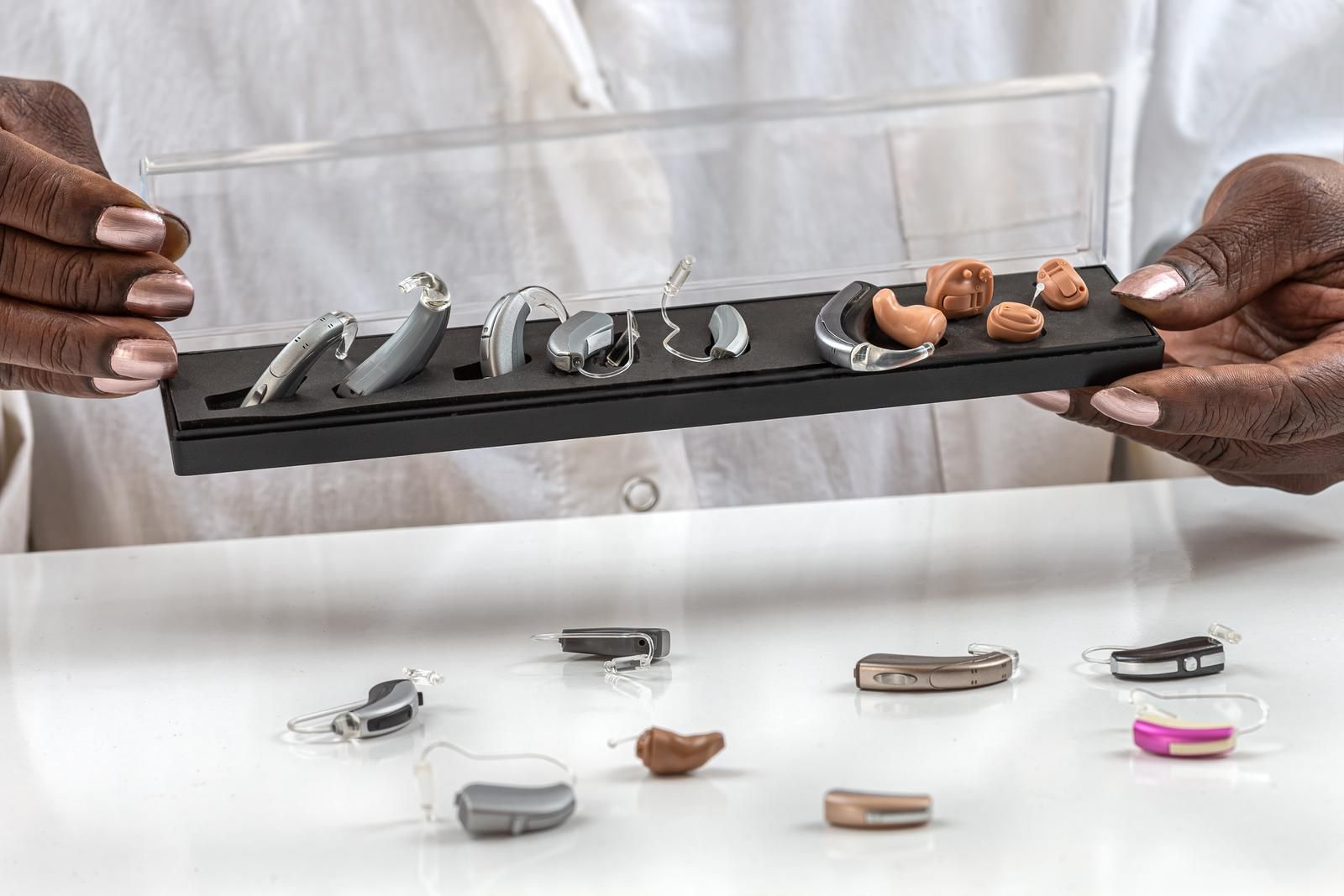How to Treat Your Child’s Ear Infection
If your child is tugging at their ear, crying more than usual, or having trouble sleeping, an ear infection might be to blame. While they can be painful, most ear infections are easily treatable and rarely serious. Here's what you need to know about treating your child's ear infection safely and effectively.
What Causes Ear Infections in Children?
Ear infections, also known as otitis media, occur when bacteria or viruses infect the middle ear, the space behind the eardrum. Children are more prone to them because:
- Their Eustachian tubes (which drain fluid from the ears) are shorter and more horizontal, making drainage difficult.
- Their immune systems are still developing.
- Colds, allergies, or respiratory infections can lead to fluid buildup, creating a breeding ground for infection.
Symptoms of an Ear Infection in Kids
Since young children can’t always describe their pain, watch for these signs:
- Tugging or pulling at the ear
- Fussiness, crying more than usual
- Trouble sleeping or lying down flat
- Fever (often between 100.5°F–104°F / 38°C–40°C)
- Fluid draining from the ear (may indicate a ruptured eardrum)
- Difficulty hearing or responding to sounds
How to Treat Your Child’s Ear Infection at Home
While some ear infections need antibiotics, many improve with home care. Try these safe, doctor-approved methods:
1. Warm Compress
- Place a warm (not hot) washcloth against the ear for 10–15 minutes. This helps relieve pain and reduce inflammation.
2. Over-the-Counter Pain Relief
- Acetaminophen (Tylenol) or ibuprofen (Advil, Motrin) can ease pain and fever.
- Never give aspirin to children due to the risk of Reye’s syndrome.
3. Hydration & Rest
- Encourage fluids to help thin mucus and keep your child upright to reduce pressure.
4. Olive Oil Drops (If No Rupture)
- A few drops of warm (not hot) olive oil may soothe irritation.
5. Elevate the Head During Sleep
- Prop up the crib mattress slightly to help fluid drain.
When to See a Doctor
Seek medical attention if:
- Symptoms last more than 2–3 days
- Fever exceeds 102°F (39°C)
- Pus or blood drains from the ear
- Severe pain or hearing loss
- Your child is under 6 months old (higher risk of complications)
How to Prevent Future Ear Infections
You can reduce the risk with these tips:
- Breastfeed if possible (boosts immunity)
- Hold babies upright during bottle feeding
- Keep up with vaccinations (flu & pneumococcal shots help)
- Avoid secondhand smoke
- ü Teach kids proper nose-blowing (gently, one nostril at a time)
Expert Pediatric ENT Care in Rochester & Waterford, MI
If your child suffers from frequent ear infections, hearing difficulties, or other ear-related concerns, our experts at ENT Care of Michigan are here to help. Our team—including Dr. Eric Succar, Dr. Marwan Boulis, Dr. Anthony Di Ponio, audiologist Lori Martin, and Kalee Easter—provides compassionate, expert care for kids and adults.
Call 248-254-8900 to schedule an appointment. Early intervention can prevent complications and ensure long-term ear health!










